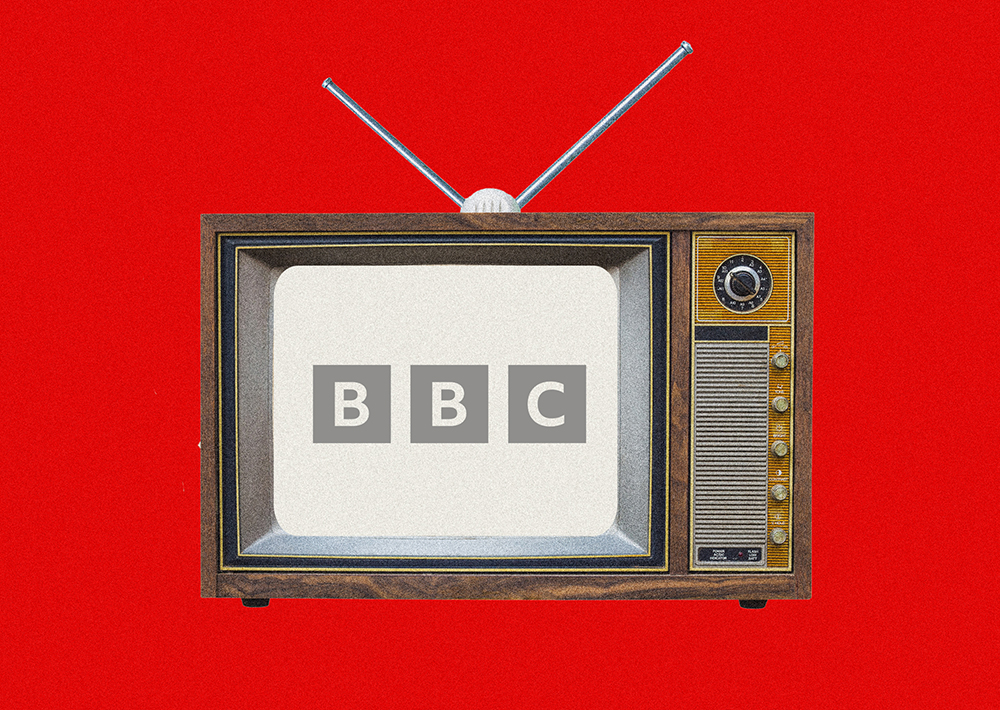Just after Andy Murray made the winning pass that won him Wimbledon for the first time in 2013, he looked up to the sky in pain. Not laughing with joy as Djokovic does when he wins a slam or weeping graciously as Federer did before he quietly put on his Rolex, but a sheer plea of existential pain. And wasn’t pain what Andy Murray was really all about? The emotional pain of the press conferences where he could barely conceal his dislike for the journalists, the pain of a nation’s expectation on his shoulders, and, latterly, the endless physical pain that he spoke of so often.
His audience knew his pain too. In fact, I think they enjoyed it
Barely a Wimbledon has passed in the last ten years when I haven’t opened a newspaper to see a feature on Murray, grimacing in a photo studio, the article detailing the endless problems his hips sustained from his particular style of baseline tennis. Yesterday, as he made his eleventh-hour announcement that he wouldn’t be playing in the Wimbledon men’s singles after all, it was the pain again: it just hurts too much.
Murray, a survivor of the Dunblane massacre, has known agony. Under the grey skies of Stirlingshire, he played through the pain of that experience and transformed the fortunes of his town. His later success came from swapping Scotland for Spain, where he trained with the likes of Rafa for hours, each victory a rebuke to those who said he couldn’t do it, but mostly, I think, to himself. As he appeared to retire from singles yesterday, his roll-call is impressive: two-time winner of Wimbledon, one-time winner of the US Open, 46 titles and a world number one ranking in November 2016.
Not bad for someone who always looked like he wanted to be anywhere but the tennis court. Murray’s great misfortune, of course, was to play in the era of dominance by three of the greatest players in history: Nadal, Federer and Djokovic. Improbably, he managed to wrest a bit for himself from them, taking the Wimbledon title in 2013 and then again in 2016. Watch the 2013 final against Djokovic and it seems as if the Serb was making allowances for Andy in all those early sets, somehow tiptoeing around the frightful burden of British national expectation. When he played Nick Kyrgios at Queen’s in 2018 just after hip surgery, Kyrgios, his friend, said after the match that he was playing tentatively, all too aware of Murray’s pain and the way he lumbered around the baseline and seemed to struggle to make the net. In the intimate dynamics of players battling it out on a tennis court, strange things can happen. Among the terrifying serves and groundstrokes, empathy appears like an unexpected drop shot.
His audience knew his pain too. In fact, I think they enjoyed it. As Sue Barker interviewed Murray after he lost to Federer in the 2012 Wimbledon final, almost the entire Centre Court crowd got to their feet and wept for the dour Scot as he lost his composure. Yesterday, as the tributes rolled in for Murray, his fans seemed to have understood him best of all. ‘Nothing can take that away from him’ one posted on X, referring to his first Wimbledon victory, or ‘I just know he’ll be so disappointed’ said a woman who had travelled from Liverpool to London to see his swan song. To watch Murray was to undergo some kind of transference as he howled not just with backhands missed but with the points won, each shot planted on the line like a nail jammed into his chest.
And now, at long last, the pain is over. For all of us. Andy can look forward to his statesman era of tennis, all standing ovations as he makes his way into the Royal Box as a spectator, and punditry with McEnroe et al. in the Wimbledon studio, where he might just manage to soften his Scottish sensibilities to have a joke with Tim Henman. There’ll always be the pain though, the same notes of strangulation as he commentates on another British player’s inevitable losses. For the next era of British men’s tennis from the likes of Jack Draper, Dan Evans, and Liam Broady, let’s just hope that pleasure wins out. They’ll never win Wimbledon though. You need the pain for that.








Comments